Reflection voted into C++26: "Whole new language" -- Herb Sutter
The first trip report from the Sofia meeting is available:
Trip report: June 2025 ISO C++ standards meeting (Sofia, Bulgaria)
by Herb Sutter
From the article:
A unique milestone: “Whole new language”
Today marks a turning point in C++: A few minutes ago, the C++ committee voted the first seven (7) papers for compile-time reflection into draft C++26 to several sustained rounds of applause in the room. I think Hana “Ms. Constexpr” Dusíková summarized the impact of this feature best a few days ago, in her calm deadpan way… when she was told that the reflection paper was going to make it to the Saturday adoption poll, she gave a little shrug and just quietly said: “Whole new language.”
Mic drop.

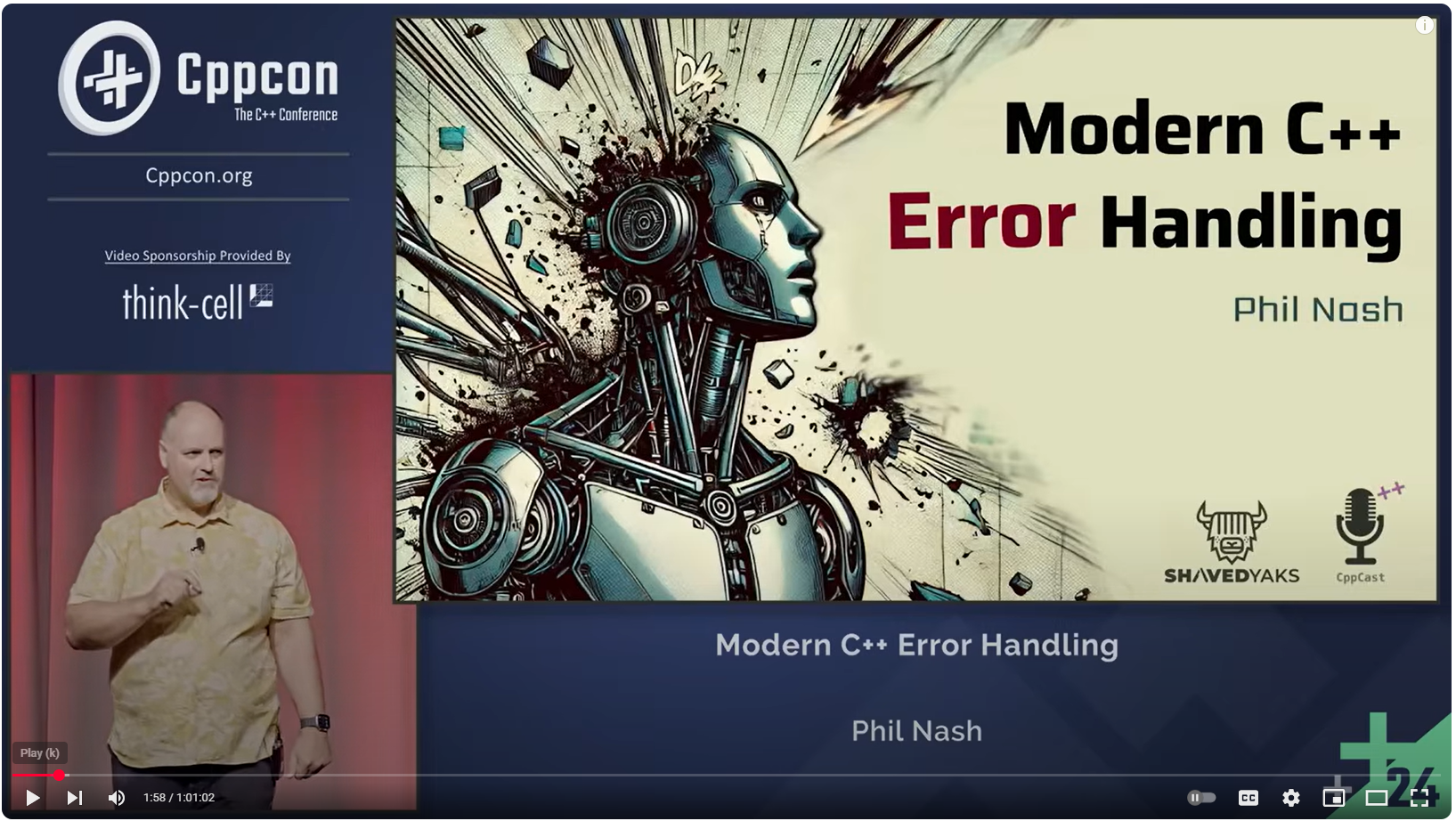 Registration is now open for CppCon 2025! The conference starts on September 15 and will be held
Registration is now open for CppCon 2025! The conference starts on September 15 and will be held 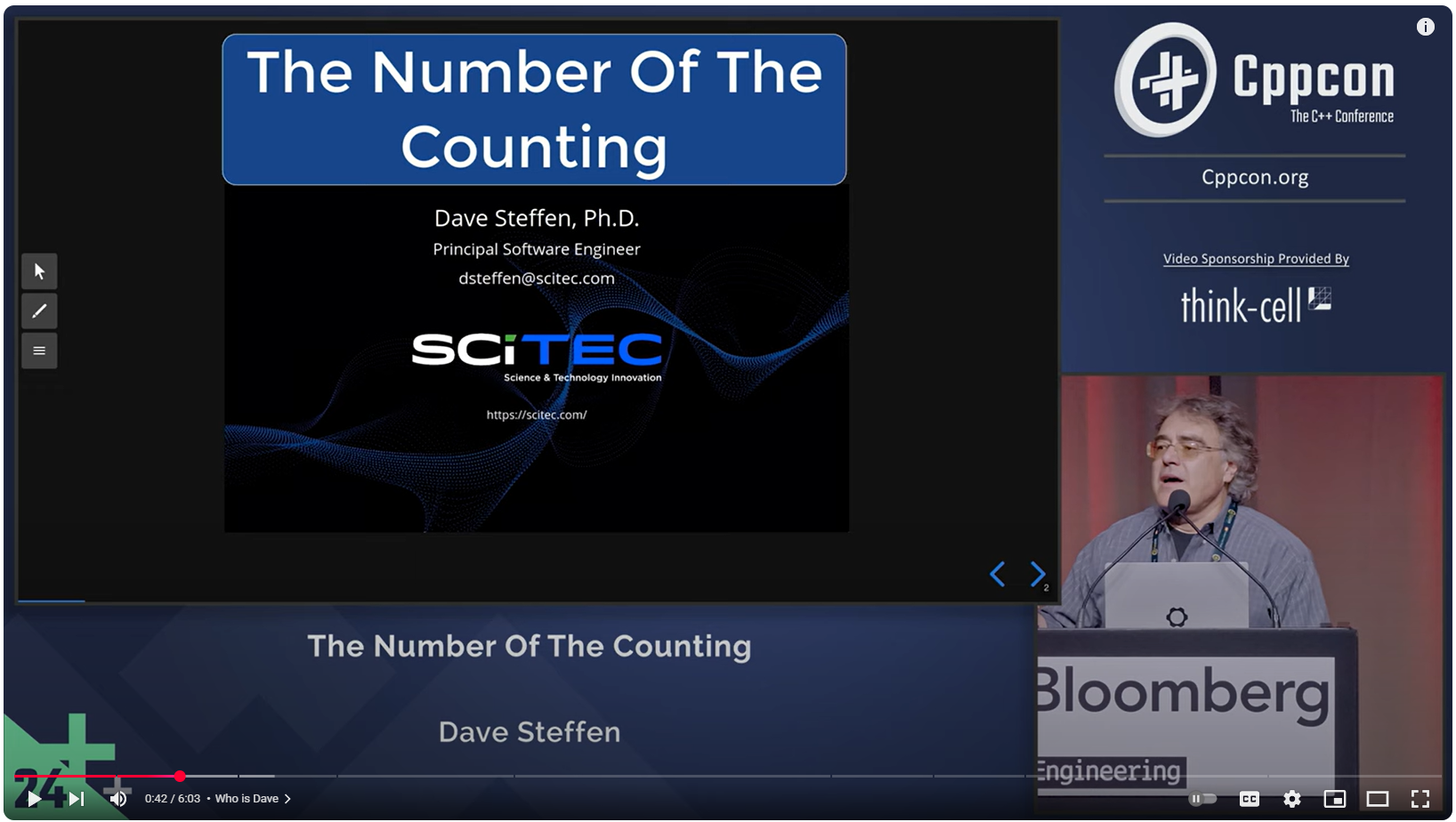 Registration is now open for CppCon 2025! The conference starts on September 15 and will be held
Registration is now open for CppCon 2025! The conference starts on September 15 and will be held  Templates are one of C++’s most powerful features, enabling developers to write generic, reusable code—but they come with a cost: notoriously verbose and opaque error messages. With the introduction of concepts in C++20, we can now impose clear constraints on template parameters and get far more helpful diagnostics when something goes wrong.
Templates are one of C++’s most powerful features, enabling developers to write generic, reusable code—but they come with a cost: notoriously verbose and opaque error messages. With the introduction of concepts in C++20, we can now impose clear constraints on template parameters and get far more helpful diagnostics when something goes wrong.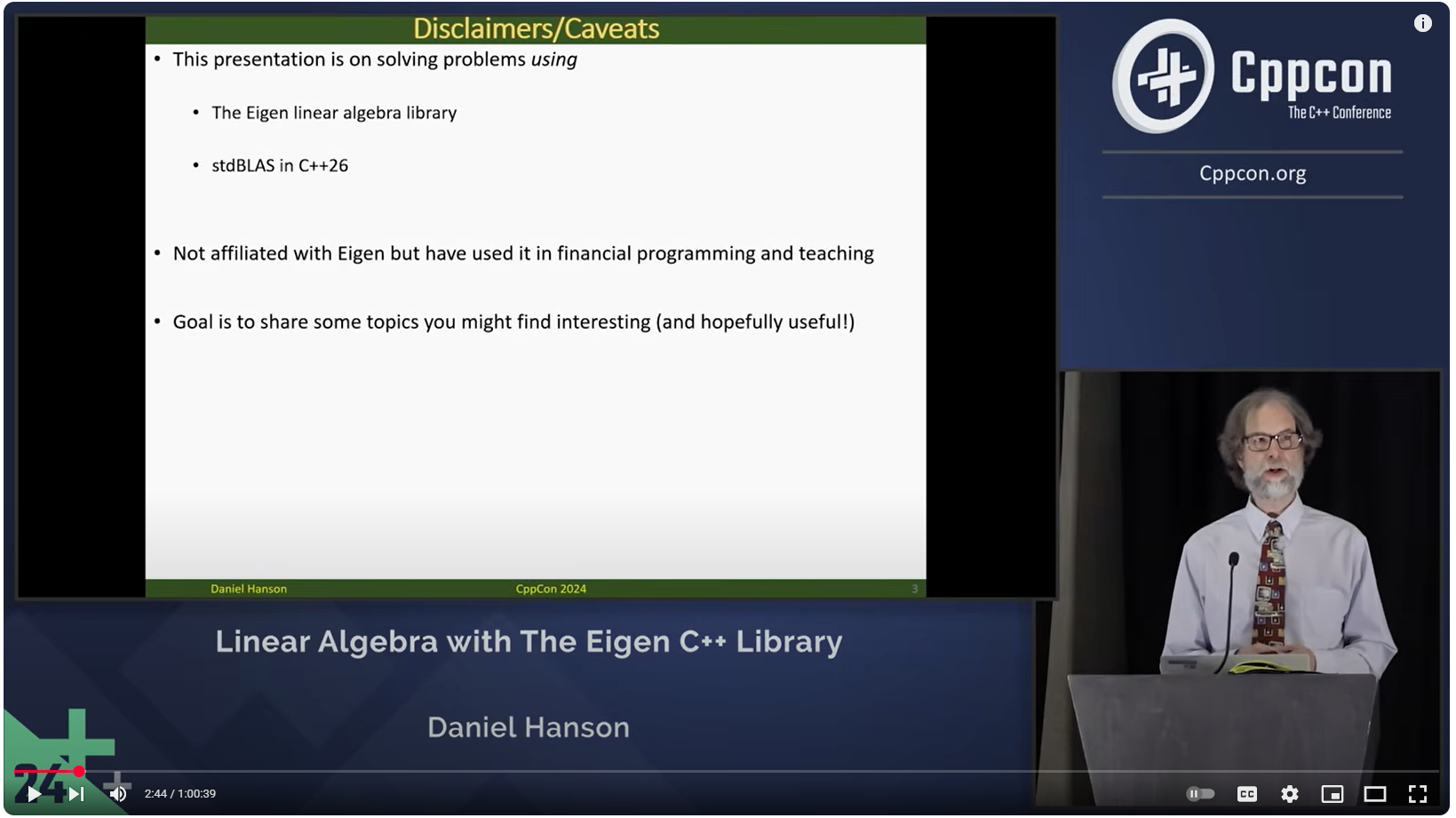 Registration is now open for CppCon 2025! The conference starts on September 15 and will be held
Registration is now open for CppCon 2025! The conference starts on September 15 and will be held 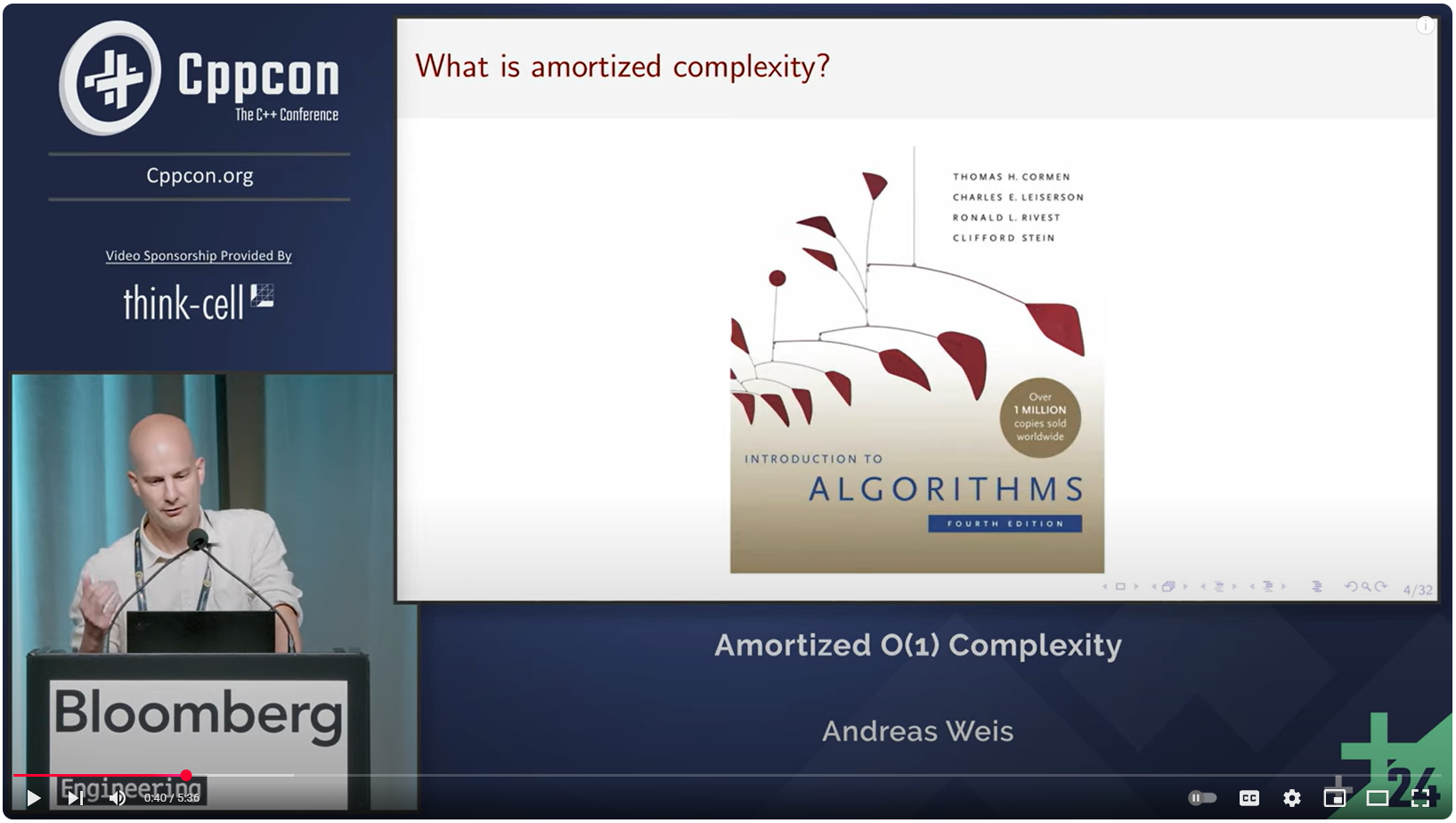 Registration is now open for CppCon 2025! The conference starts on September 15 and will be held
Registration is now open for CppCon 2025! The conference starts on September 15 and will be held 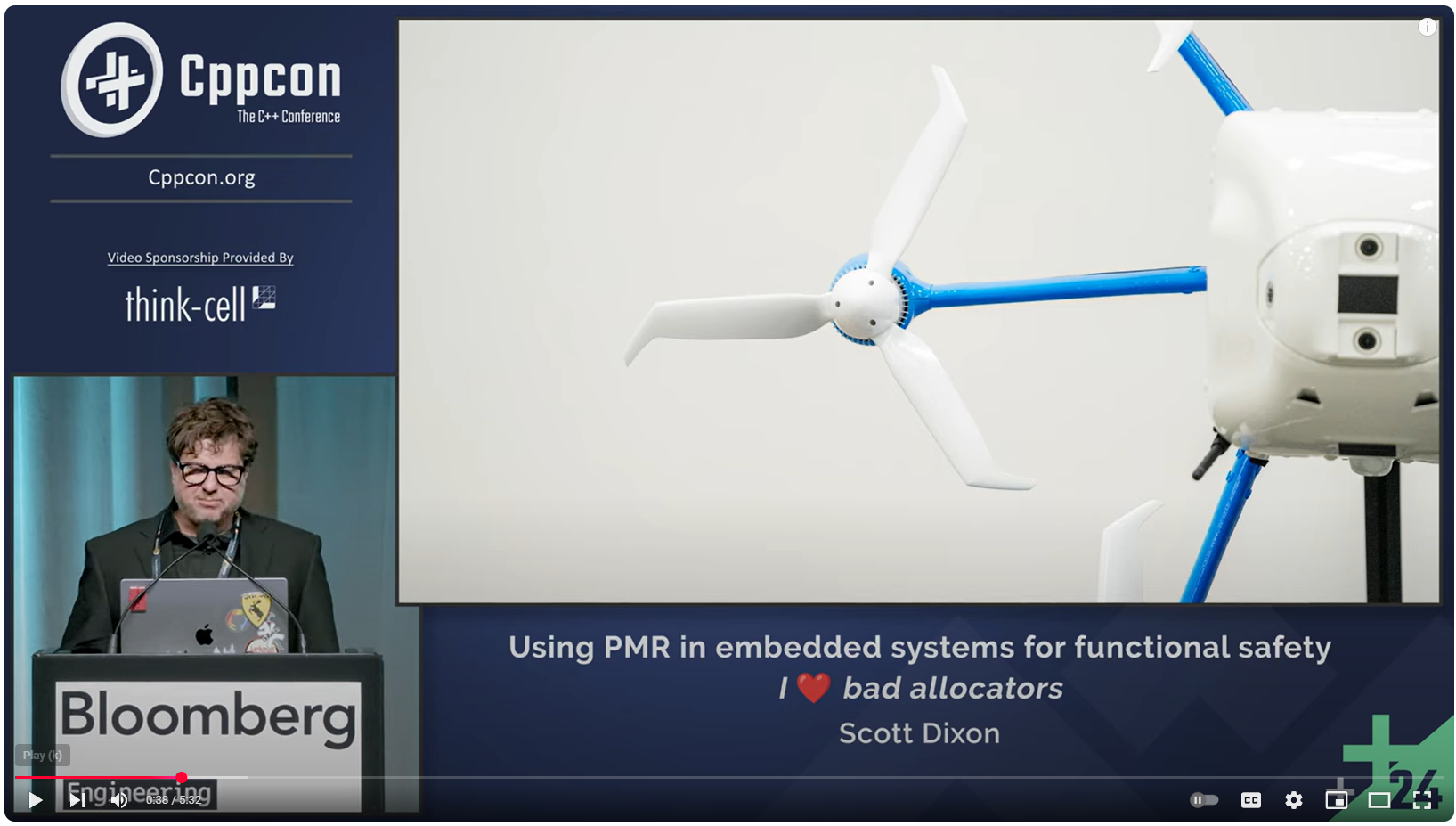 Registration is now open for CppCon 2025! The conference starts on September 15 and will be held
Registration is now open for CppCon 2025! The conference starts on September 15 and will be held  Here are the standard library features that will soon be usable at compile time. One topic is missing: exceptions. As they need both core language and library changes, I thought they deserved their own post.
Here are the standard library features that will soon be usable at compile time. One topic is missing: exceptions. As they need both core language and library changes, I thought they deserved their own post.